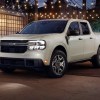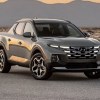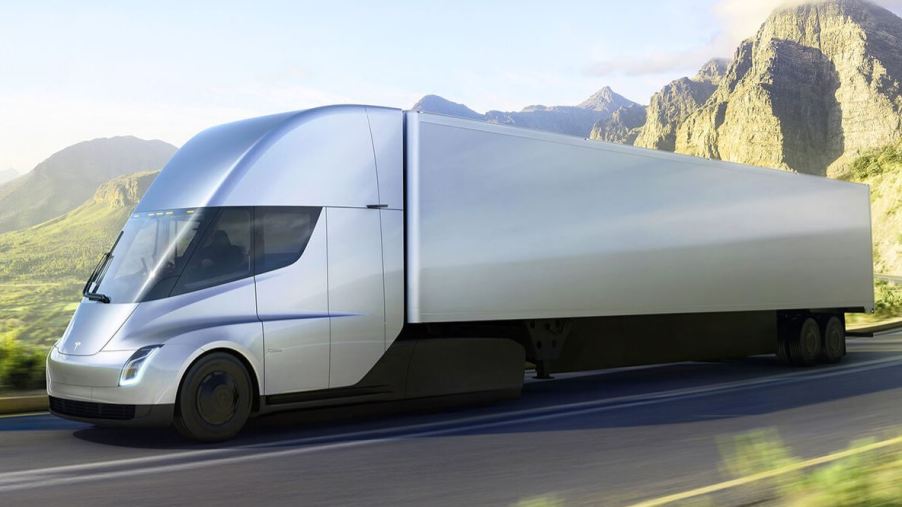
Switching From Diesel to Electric Will Seriously Affect the Grid
The age of the electric semi fleet is drawing near. However, we aren’t quite there yet. In fact, there are many details concerned with the adaption from the traditional diesel engine to electric trucking. It turns out that the transition from diesel to electric tractors for a cargo fleet is a massive undertaking. Switching from diesel to electric is more complicated than you may have thought.
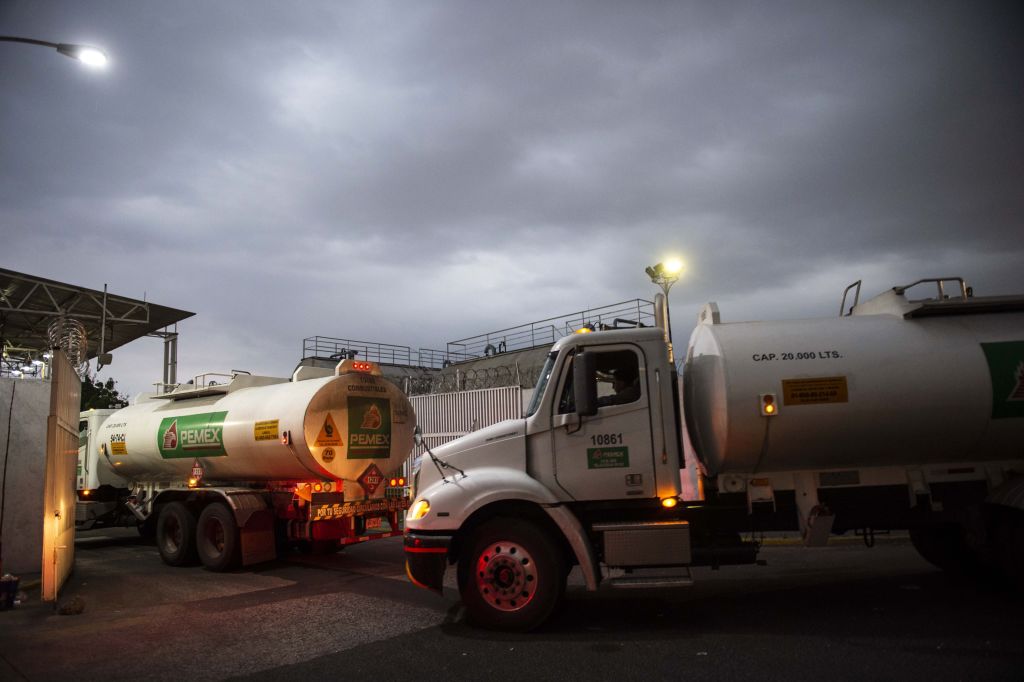
As regulations tighten on diesel engines, semi fleets are looking to the future. Many owners and drivers are already testing out the electric trucks. Additionally, in the process, they are learning that the big change proves to be full of minor details and kinks that are still being worked out. That’s where fleets like NFI come in.
Fleets are testing electric trucks and helping to make them better
In order to prepare for the coming onslaught of an all-electric truck future, there are fleets implementing the present technology in order to push through the complications and help the industry forge ahead. NFI is such a semi fleet. They have already switched many of their diesel trucks to natural gas trucks. So all-electric trucks are just part of the natural progression as technology moves forward.
According to Heavy Duty Trucking (HDT), Bill Bliem, the senior vice president of fleet services at NFI says “with electric vehicles, there’s lots of headwinds and also lots of tailwinds. California is offering lots of incentives toward BEV adoption to help meet its clean air action plan of zero emissions by the end of 2020. The costs are coming down as the technology develops but there are still lots of unknowns; like the true total cost of ownership, for example.”
The thought of moving forward to an electric trucking future is alarming for many owners and operators of semi fleets. Bleim continues, “If anybody tells you that total cost of ownership is going to be less than a diesel, it’s only an assumption. Nobody knows yet. It has not yet been proven.”
There’s a bit of a learning curve when you switch from diesel to electric
Nothing is certain. In the world of trucking that is as true as ever. As many are working toward industry-wide innovation in order to reduce diesel engine emissions and harmful out-gassing caused by fuel combustion, there are things to consider. Lithium-ion batteries alone create their own share of carbon when they are manufactured.
Additionally, Bleim says that an electric truck for a full day’s worth of use consumes about as much as a household uses monthly. That is, of course, an estimate. However, NFI Senior President estimates that “Based on the estimation that we’ll need 2.3 kilowatt-hours per mile to run a Class-8 electric tractor..”
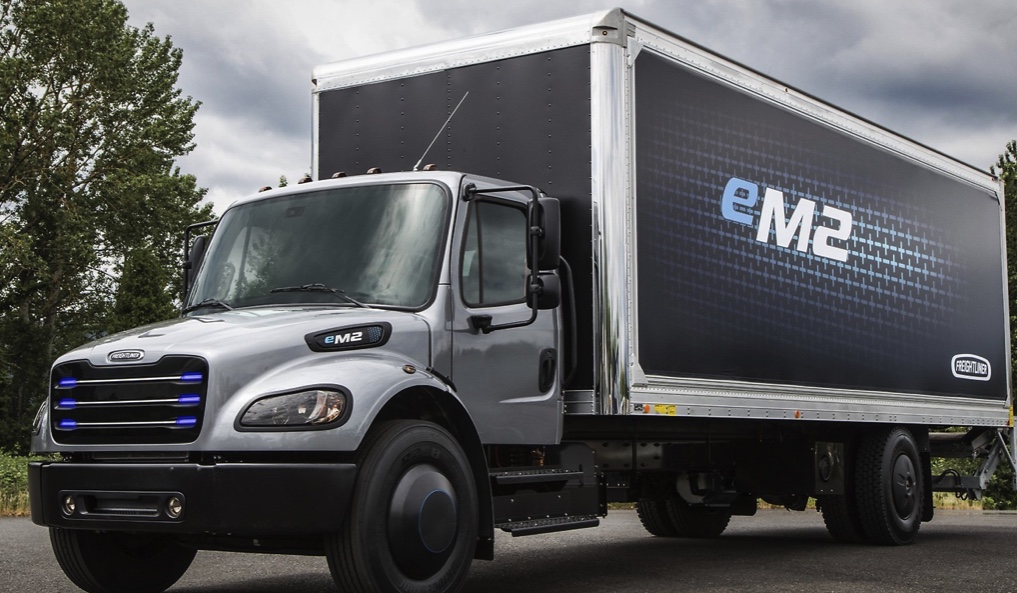
“Based on the estimation that we’ll need 2.3 kilowatt-hours per mile to run a Class-8 electric tractor, we’ll get one day of work out of one month’s energy consumption for a typical household,”
Bill Bliem | senior vice president of fleet services at NFI
How will people cope with electric trucking energy consumption?
For some areas the infrastructure or current demand of energy will make this kind of electric trucking impossible. Somethings definitely got to give if we are going to actually make the change from diesel to electric. But what? And how?
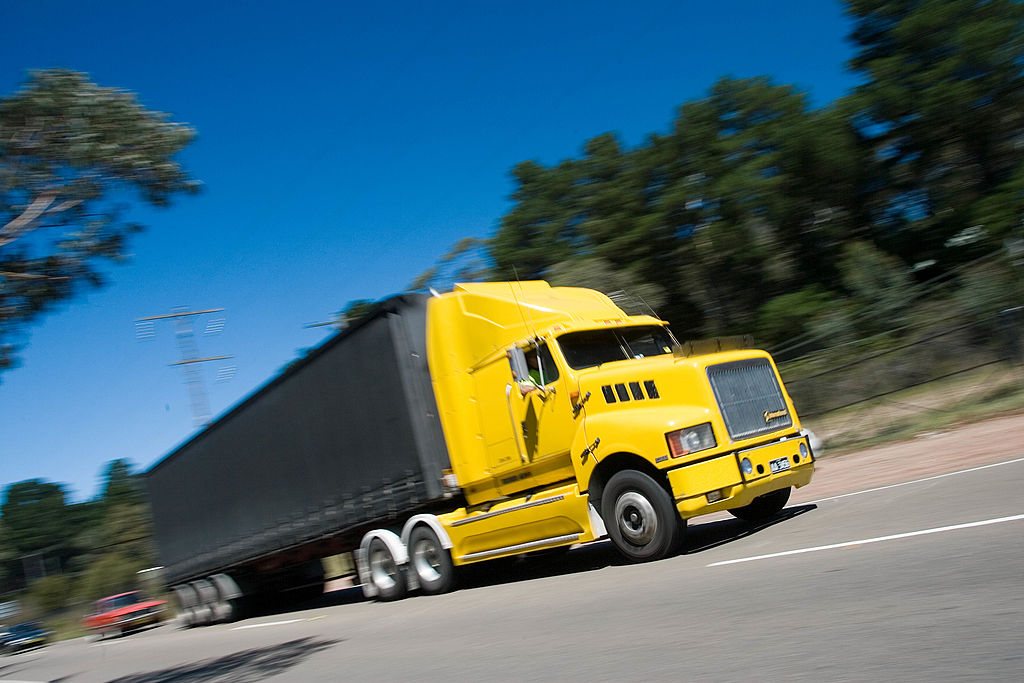
Chris Nordh, senior director of advanced vehicle technology and energy products told HDT that there are areas with aging infrastructure that can handle so few electric trucks, the idea of a full switch is just not sustainable. Major and expensive updates to the current grid would have to be facilitated. Charging stations are being installed for truck yards to prepare for the rise in electric trucking.
But at this point, there are negotiations to be made with power companies. Energy utilities bought as fuel means relearning an industry that has worked very much the same way for decades. Switching from a diesel engine to an electric battery is more complicated than we thought. For fleet owners and managers, there is a lot to learn. The greatest challenge at this point is: where is all the power going to come from and will the switch mean saving money, or losing it?
